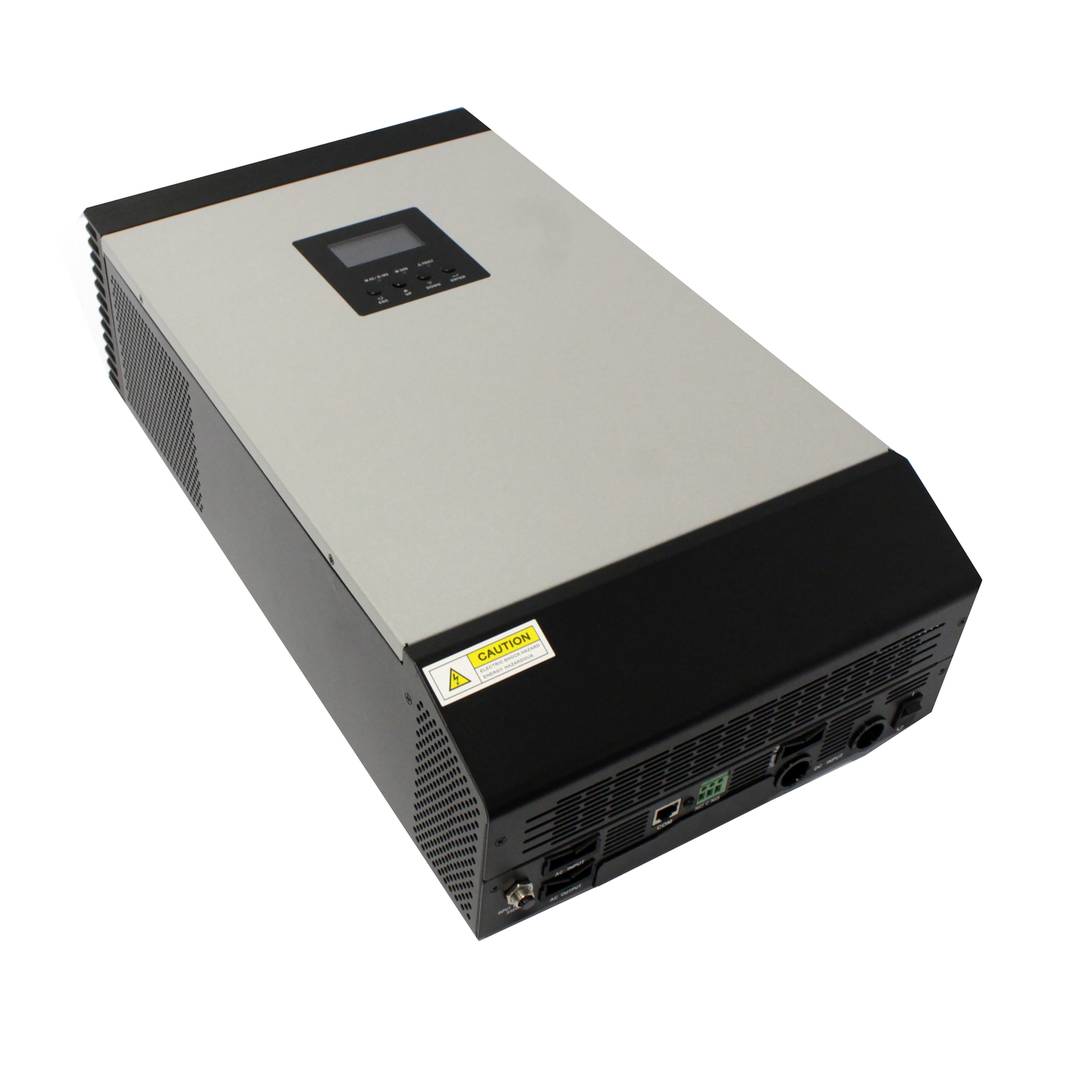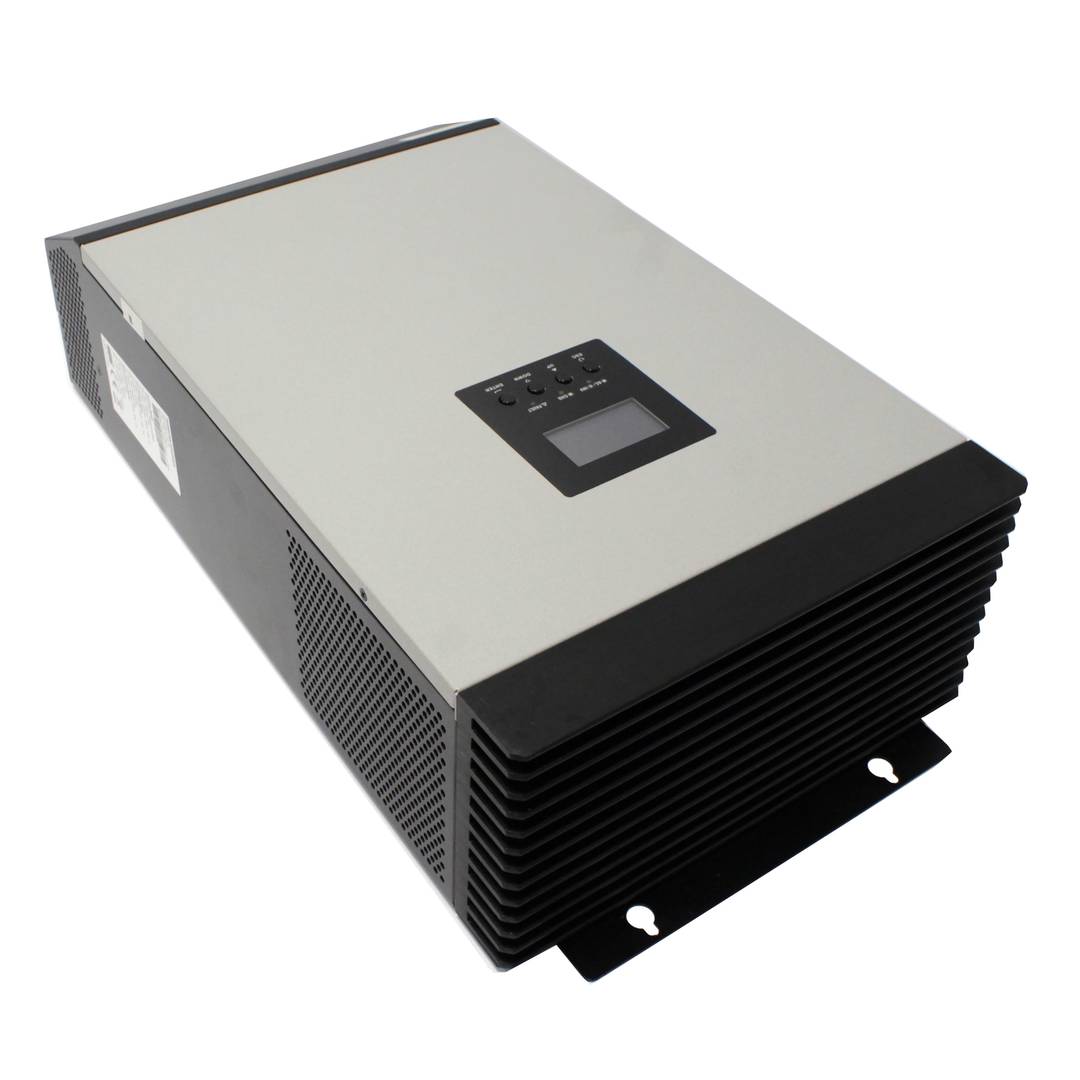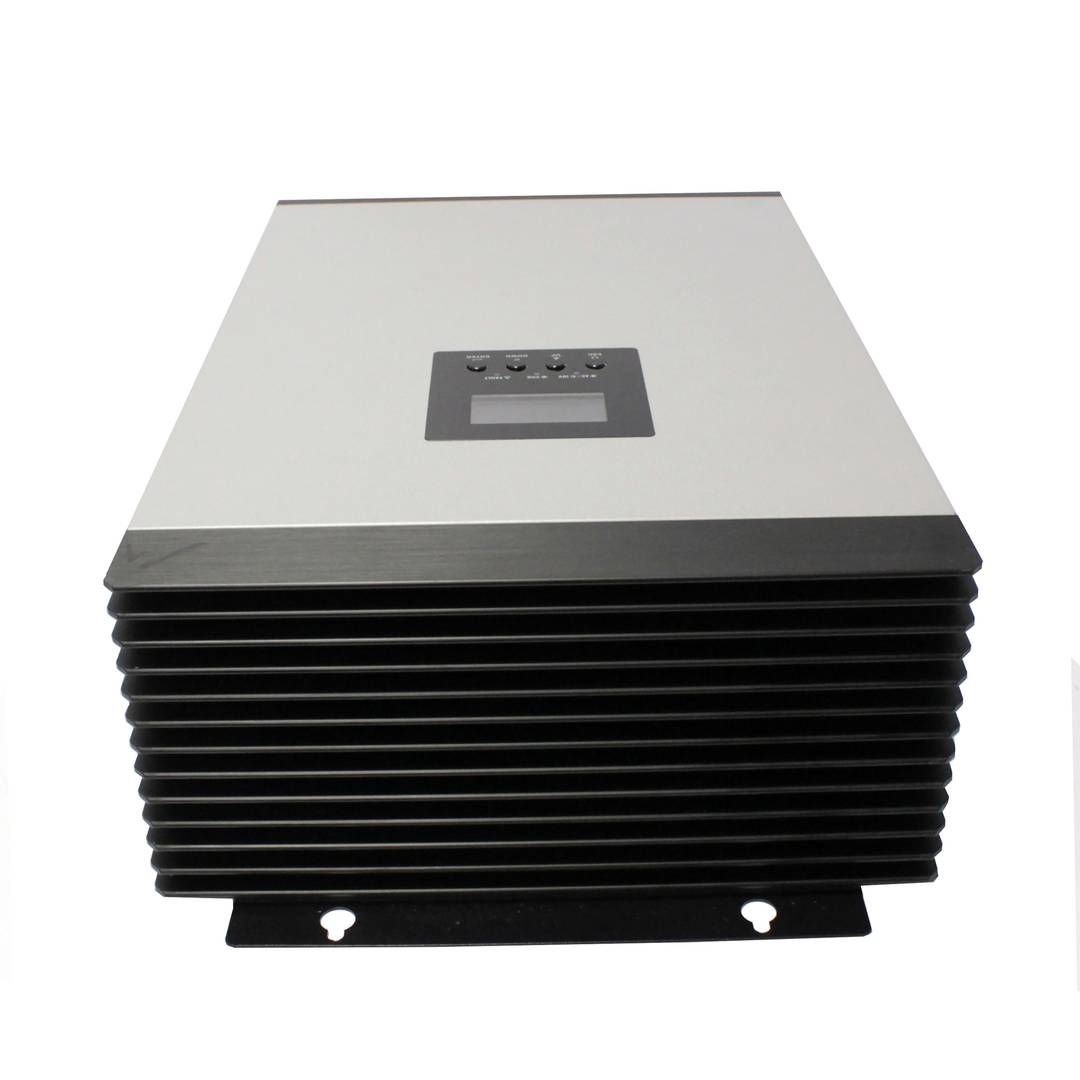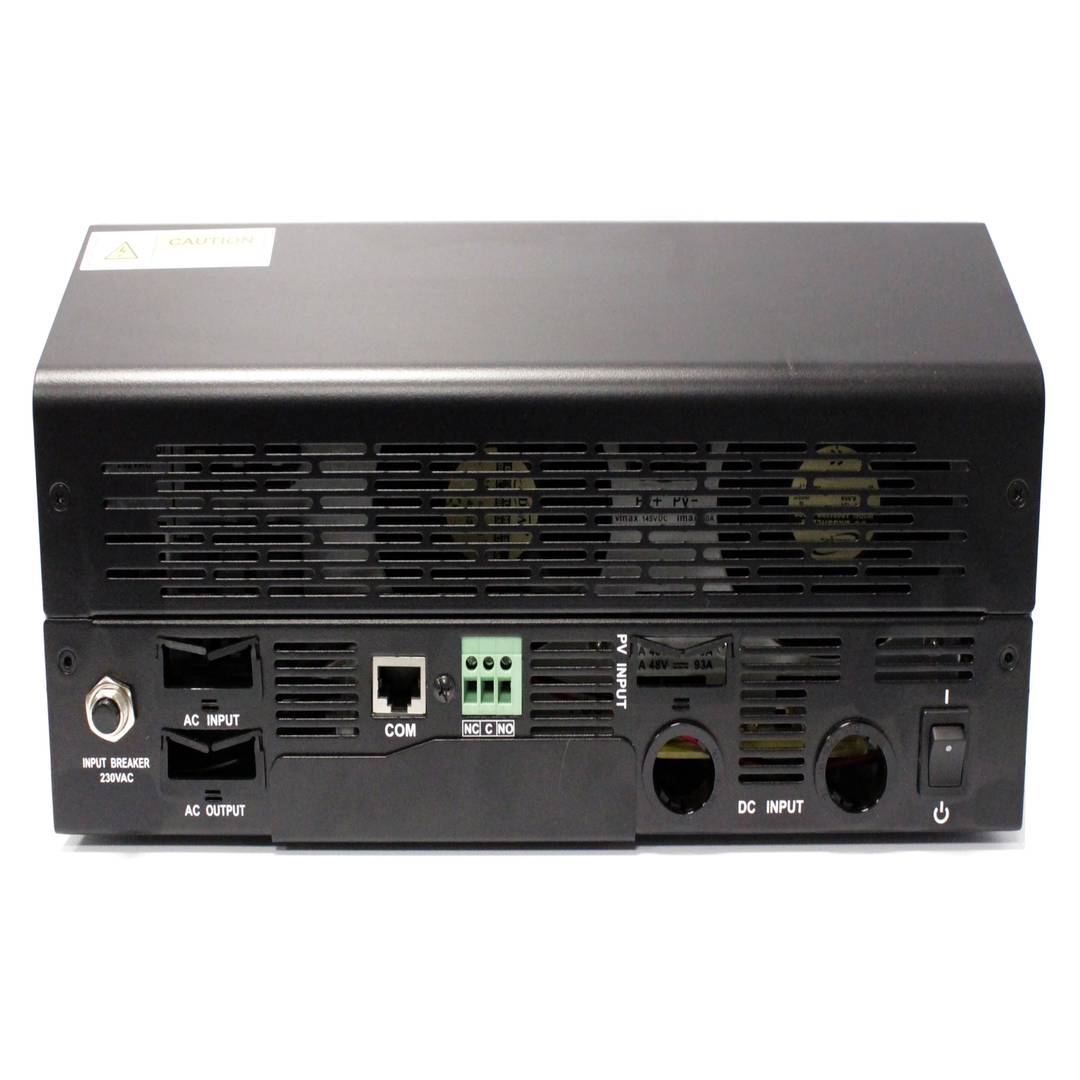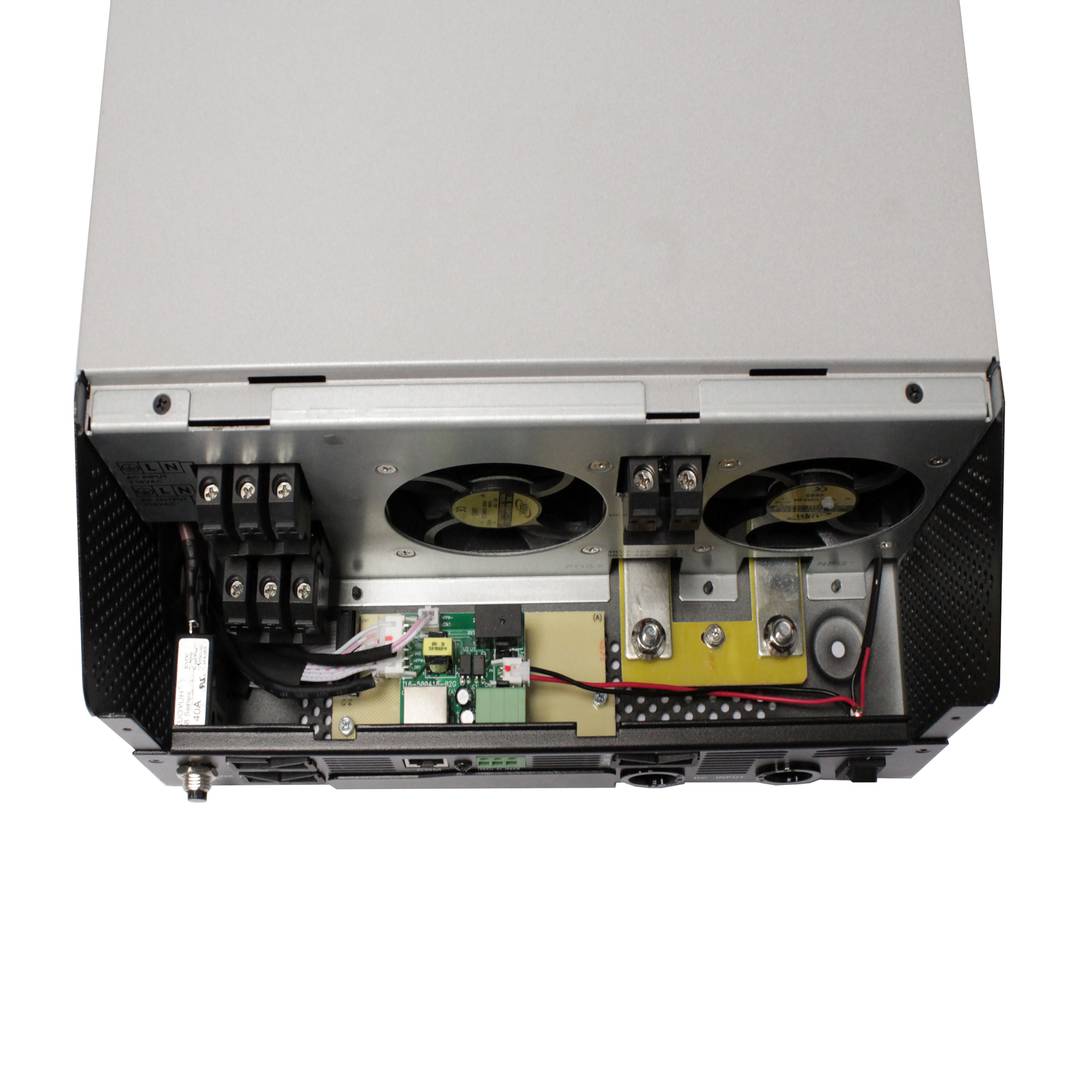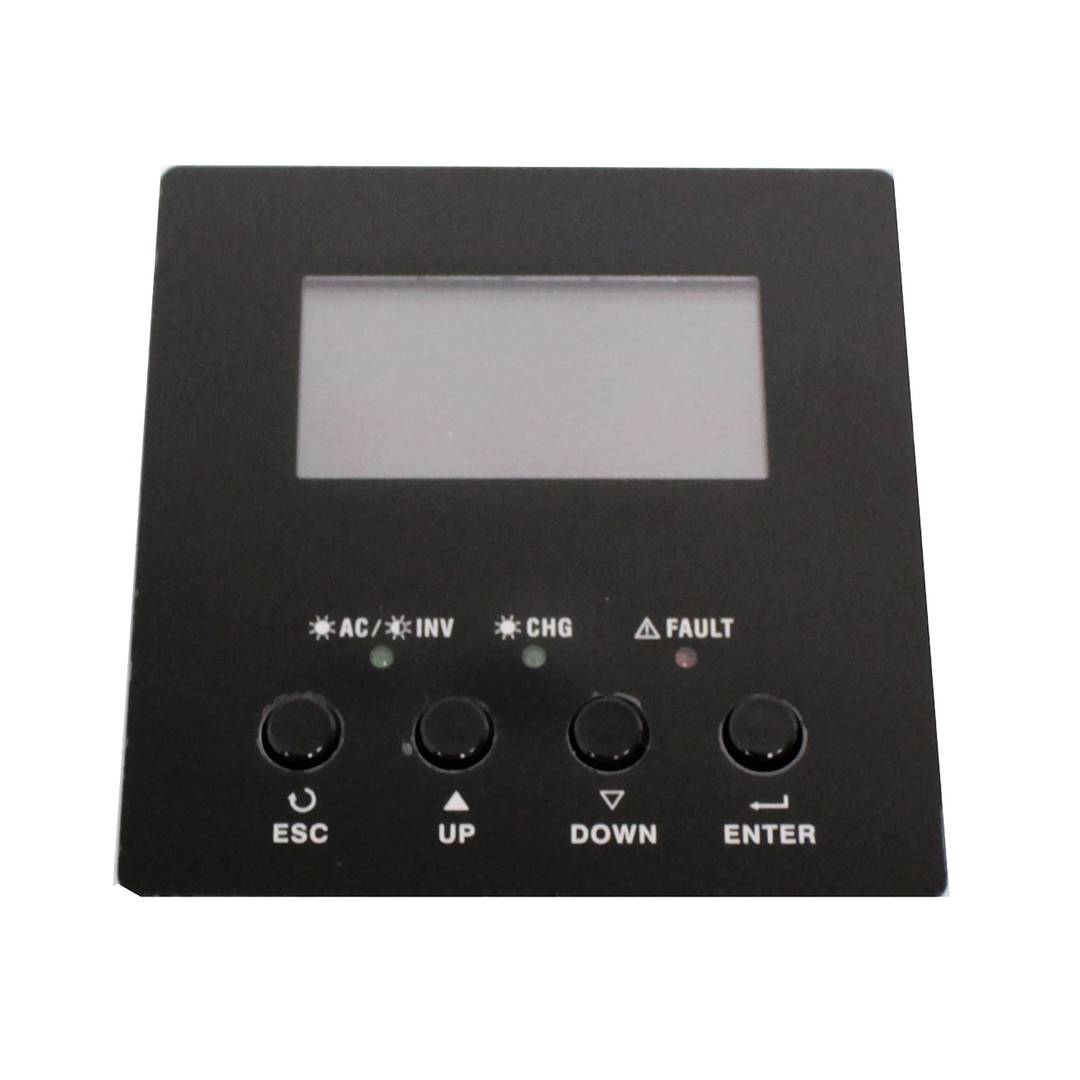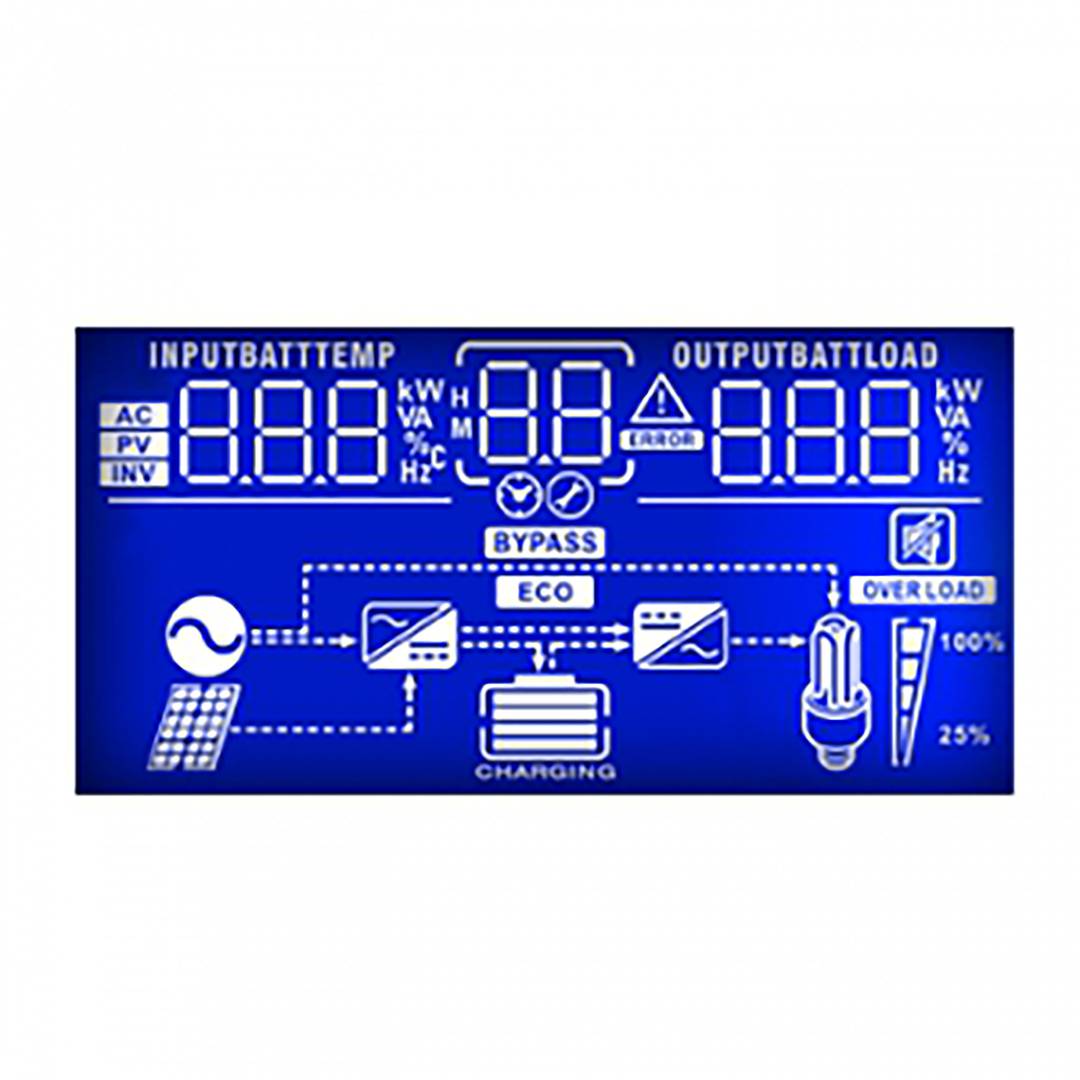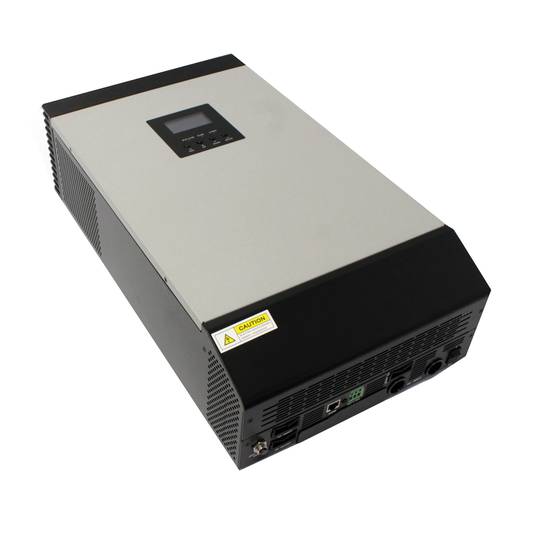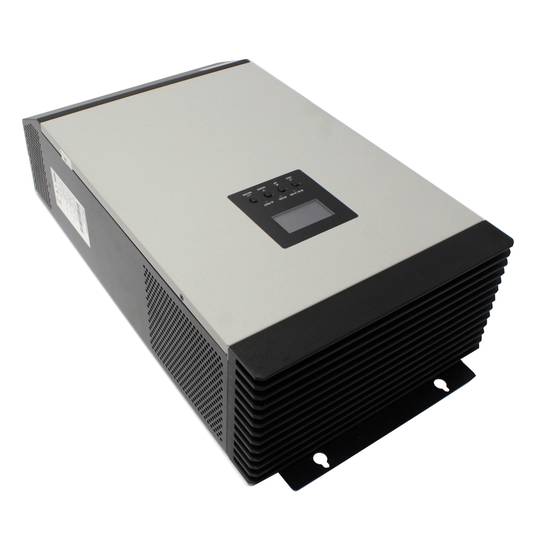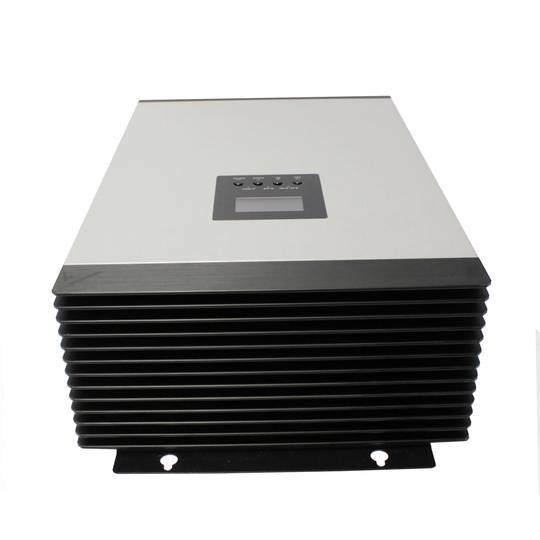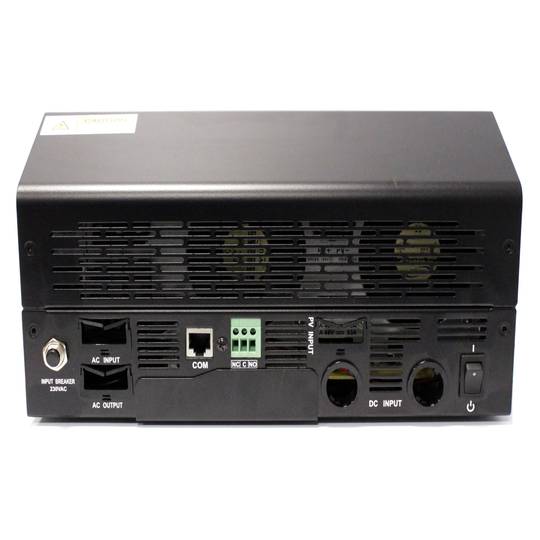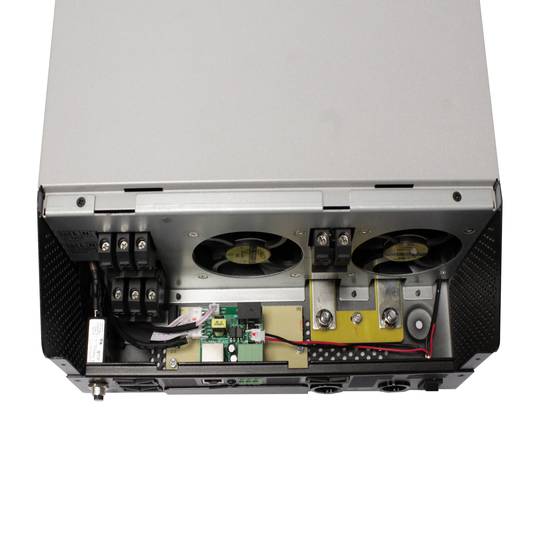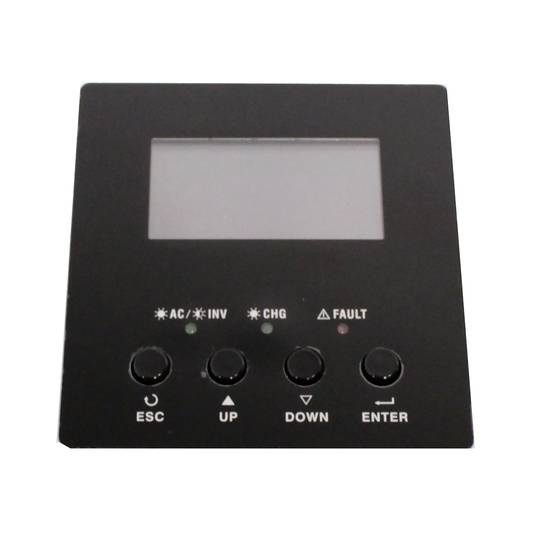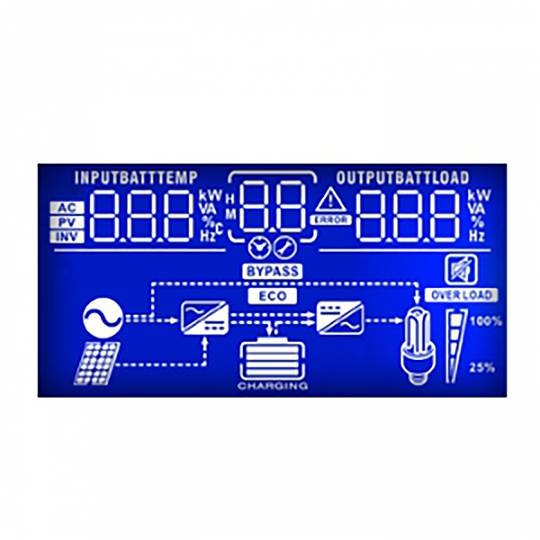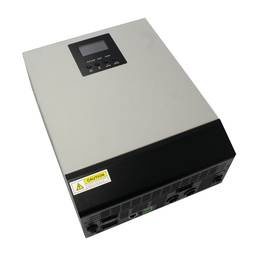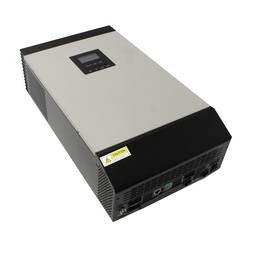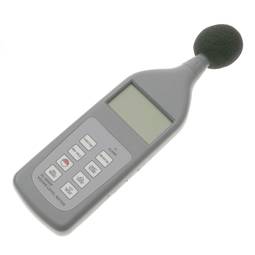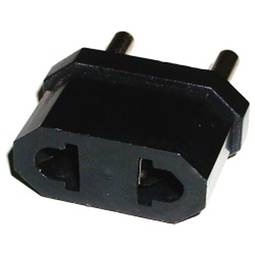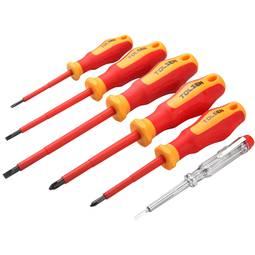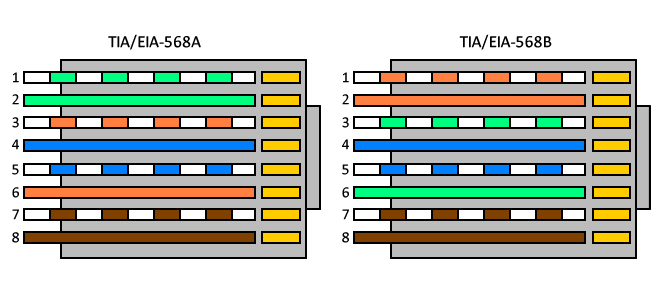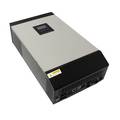04/07/2025 5:36 a.m.
http://34.77.62.133/en/products/pure-sine-wave-inverter-for-photovoltaic-axpert-mks-4000w-5kva-with-48v-mppt-UV077/
http://34.77.62.133/en/products/pure-sine-wave-inverter-for-photovoltaic-axpert-mks-4000w-5kva-with-48v-mppt-UV077/
Pure sine wave inverter for photovoltaic Axpert MKS 4000W 5KVA with 48V MPPT
REF: UV077
OUTLET
Specifications
- Pure sine wave inverter. Model with capacity of 5000 VA, recommended for a load of up to 4000 W.
- Compatible with MPPT (Maximum Power Point Tracking) that allows to obtain the maximum performance of photovoltaic solar panels, regulating the entranceDC of PV.
- Battery voltage: 48 VDC.
- Input voltage range configurable through the LCD panel.
- Configuration of the battery charge configurable through the LCD panel.
PVP
€577.34
€294.44
Price including VAT:
€362.16
PVD
€494.40
€252.14
PVP: Retail price.
Check conditions.
PVP: Sale price to distributors.
Check conditions.
warranty
returns
OUTLET
Specifications
- Pure sine wave inverter. Model with capacity of 5000 VA, recommended for a load of up to 4000 W.
- Compatible with MPPT (Maximum Power Point Tracking) that allows to obtain the maximum performance of photovoltaic solar panels, regulating the entranceDC of PV.
- Battery voltage: 48 VDC.
- Input voltage range configurable through the LCD panel.
- Configuration of the battery charge configurable through the LCD panel.
Keywords
Did not find what you were looking for? These topic could help you
More info
Inverter and charger of the Axpert MKS range with MPPT support. Device oriented to be used in photovoltaic (PV) solar energy applications and with multiple functions: pure wave inverter, solar charger and battery charger to offer uninterrupted power supply. Its large LCD screen allows the user to program, as well as easy access to functions thanks to the push buttons on the front panel. Offers funcions such as charging batteries, setting the priority of the solar charger, setting the acceptable input voltage, etc.
Specifications
Specifications
- Pure sine wave inverter. Model with capacity of 5000 VA, recommended for a load of up to 4000 W.
- Compatible with MPPT (Maximum Power Point Tracking) that allows to obtain the maximum performance of photovoltaic solar panels, regulating the entranceDC of PV.
- Battery voltage: 48 VDC.
- Input voltage range configurable through the LCD panel.
- Configuration of the battery charge configurable through the LCD panel.
- Possibility of configuring different operating modes based on the priority and availability of solar energy, VAC and battery charge.
- The VAC input is connected to the public electricity network orown system of power generation.
- Automatic restart while the VAC current is recovering.
- Protection against overload, temperature and short circuits.
- Efficient design to optimize the battery charge.
- Cold start function.
- Compact design, mounted on metal chassis recessed in wall.
- LCD display, 3 status LEDs and 4 pulse indicatorss for programming.
- ON/OFF switch and 230VAC/40A circuit breaker protector.
- Size (depth x width x height): 140 x 295 x 540 mm.
- Weight: 13.5 Kg.
- VAC current input from the power grid or other AC generation systems (L, N and G).
- Current output VAC (L, N and G) that is connected to the domestic electrical circuitor private
- Input of photovoltaic energy (PV + and PV-).
- Connection of battery system (POS + and NEG-).
- RJ45 communications port female. RS232 serial cable (RJ45 male to DB9 female) is supplied.
- Dry contact (NC, NO, C).
- Gross Weight: 14.91 kg
- Product size (width x depth x height): 30.0 x 46.0 x 12.0 cm
- Number of packages: 1
- Packages size: 40.0 x 59.0 x 22.0 cm
- Master-pack: 1
Technical terms
- VAC
- RJ45
- VDC
- Photovoltaics
- RS232
- Power Inverter
- Communication Series
VAC
VAC would be the abbreviation of Volt Altern Current which would be translated Volts of alternating current. The difference between VDC is that its sinusoidal oscillation achieving a more efficient energy transmission.
The alternating current is the energy that we receive in our homes, it is generated in the power plants by means of alternators.
The intensity of this type of current varies with time, and changes direction 50 times throughsecond (50hz). The generated voltage changes in the form of sine wave so it is not constant.
In the image:
The alternating current is the energy that we receive in our homes, it is generated in the power plants by means of alternators.
The intensity of this type of current varies with time, and changes direction 50 times throughsecond (50hz). The generated voltage changes in the form of sine wave so it is not constant.
In the image:
- Current by pulsations.
- Direct current (DC).
- Alternating current (AC).
- Variable current.



